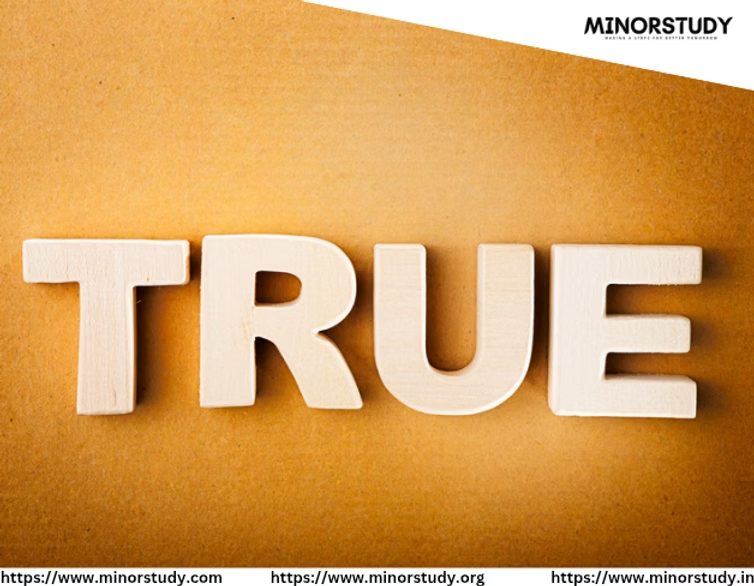🌟 Introduction: What Is True Independence Day?
True Independence Day: While countries around the world proudly mark their official Independence Days, many people reflect on a deeper question:
- 🌟 Introduction: What Is True Independence Day?
- 🕰️ A Brief History of Independence Days
- 🇮🇳 India – August 15, 1947
- 🇺🇸 United States – July 4, 1776
- 🇿🇦 South Africa – April 27, 1994
- 🇬🇭 Ghana – March 6, 1957
- 📊 7 Powerful Facts About True Independence
- 🗓️ Timeline of the Fight for True Independence
- ❓ FAQs: Understanding True Independence
- ❓ Is “True Independence” the same as “Political Independence”?
- ❓ Why is it still not achieved?
- ❓ Can individuals celebrate it?
- 🌎 Significance of True Independence Day in Modern Life
- ✅ 1. It Makes Us Reflect
- ✅ 2. It Inspires Activism
- ✅ 3. It Empowers Minorities
- ✅ 4. It Teaches Generational Responsibility
- ✅ 5. It Celebrates Humanity
- 🎉 Observance: How to Celebrate True Independence Day
- 💌 Wishing Messages for True Independence Day
- 🏠 Daily Life Impact of True Independence
- 📝 Key Points to Remember
- 🔚 Conclusion: The Fight for Freedom is Not Over
“Are we truly free?”
True Independence Day is not just about liberation from foreign rule or colonial powers—it’s about the complete empowerment of a nation and its people, where justice, equality, opportunity, and voice are accessible to all. It is the day we live freedom, not just celebrate it.
This article dives into:
The historical context behind Independence movements
Facts and timelines across nations
What makes True Independence distinct from symbolic independence
How it impacts daily life and society
Wishes, observances, and reflections for 2025
The unfinished journey toward genuine freedom
🕰️ A Brief History of Independence Days
Let’s revisit some of the most iconic Independence Days across nations:
🇮🇳 India – August 15, 1947
India gained independence from British colonial rule.
However, Partition led to enormous violence, displacement, and division.
Social inequality, caste discrimination, and poverty still challenge the true ideals of freedom.
🇺🇸 United States – July 4, 1776
Declaration of Independence signed to break free from British monarchy.
Despite the declaration of “all men are created equal,” slavery, gender inequality, and racial segregation persisted for centuries.
🇿🇦 South Africa – April 27, 1994
Marks the end of apartheid and the first democratic elections.
Though legally free, economic and racial disparities continue to raise questions about real equality.
🇬🇭 Ghana – March 6, 1957
First African nation to break free from colonialism.
Economic dependency, corruption, and brain drain affect full independence.
👉 These dates mark political independence, but True Independence Day remains a dream deferred for many.
📊 7 Powerful Facts About True Independence
Over 60% of nations became independent only after World War II.
That’s barely three generations to recover from colonial systems of exploitation.“Independence” does not guarantee liberty for all.
Marginalized communities often continue to suffer under new forms of internal oppression.True freedom is intersectional.
Gender rights, environmental justice, and indigenous voices must also be included.Economic dependence still chains many “free” nations.
Heavy debt to global institutions and corporate influence undermine autonomy.Digital colonization is the new threat.
Data surveillance, AI regulation, and media monopolies curb free thought.Youth movements worldwide (e.g., climate justice, anti-corruption) are redefining independence as a living movement, not a static date.
True Independence is as much about the soul of a people as it is about borders.
It includes dignity, respect, and the ability to determine one’s own destiny.
🗓️ Timeline of the Fight for True Independence
| Year | Event |
|---|---|
| 1776 | U.S. Declaration of Independence |
| 1789 | French Revolution emphasizes liberty and equality |
| 1947 | India and Pakistan gain freedom from British rule |
| 1957 | Ghana becomes the first independent African state |
| 1990 | Namibia gains independence, ending 75 years of foreign rule |
| 1994 | South Africa votes for the first time post-apartheid |
| 2025 | True Independence Day becomes a global conversation around equity and justice |
❓ FAQs: Understanding True Independence
❓ Is “True Independence” the same as “Political Independence”?
No. Political independence is freedom from colonial or foreign control. True independence means justice, equality, and human dignity for all citizens.
❓ Why is it still not achieved?
Structural inequality, systemic corruption, lack of education, poverty, and discrimination prevent full independence—even in democracies.
❓ Can individuals celebrate it?
Absolutely. True Independence begins at the individual level: standing up for what’s right, being informed, and practicing empathy and equity in daily life.
🌎 Significance of True Independence Day in Modern Life
✅ 1. It Makes Us Reflect
It forces us to ask: Am I truly free? Is my neighbor free? It brings humility and awareness.
✅ 2. It Inspires Activism
From student protests to judicial reforms, it empowers people to demand ethical governance and human rights.
✅ 3. It Empowers Minorities
Recognizing that freedom is not yet equal gives voice to those still struggling—from women in rural areas to LGBTQ+ individuals.
✅ 4. It Teaches Generational Responsibility
Freedom must be preserved, practiced, and protected. Each generation has a role.
✅ 5. It Celebrates Humanity
True independence is not nationalist. It’s humanist—about uplifting every person, everywhere.
🎉 Observance: How to Celebrate True Independence Day
Even if it’s not an official holiday, you can honor it with:
📚 Reading: Autobiographies of freedom fighters, modern activists, or revolutionary poets
🗣️ Discussions: Start community or school forums about equality, civic rights, and justice
🌱 Volunteering: Uplift others through education, environmental work, or social services
🧘 Self-reflection: Meditate or journal on your own “freedom status”—what holds you back?
💌 Wishing Messages for True Independence Day
“May you experience not just freedom from chains, but the freedom to dream, love, and rise.”
“This year, let’s strive for a world where everyone can say they are truly free.”
“True Independence means courage, compassion, and collective action. Happy True Independence Day!”
“Let freedom ring—not just from flags, but from every heart that beats with hope.”
🏠 Daily Life Impact of True Independence
In Your Home
Teaching values of justice, inclusion, and awareness to children
Supporting ethical brands and conscious consumption
At Work
Promoting fairness, inclusion, and representation
Respecting diversity in teams and hiring practices
In Society
Voting wisely, holding leaders accountable
Rejecting discrimination and speaking out for justice
In Spirit
Feeling secure, dignified, and empowered to live life authentically
📝 Key Points to Remember
True Independence is freedom with dignity for everyone.
It’s an ongoing process, not a finished achievement.
Celebrate your freedom, but also examine its gaps and challenges.
Inspire others to dream of a more just, equal society.
🔚 Conclusion: The Fight for Freedom is Not Over
True Independence Day challenges us to see beyond parades and flags. It’s a call to wake up, rise up, and lift others up. In 2025, let’s transform patriotism from nostalgia into actionable empathy, and from celebration into purposeful change.
🕊️ “Until every voice is heard, every child is safe, and every soul is valued, our Independence is not complete.”
Happy True Independence Day—to those who live it, and to those still striving to.








